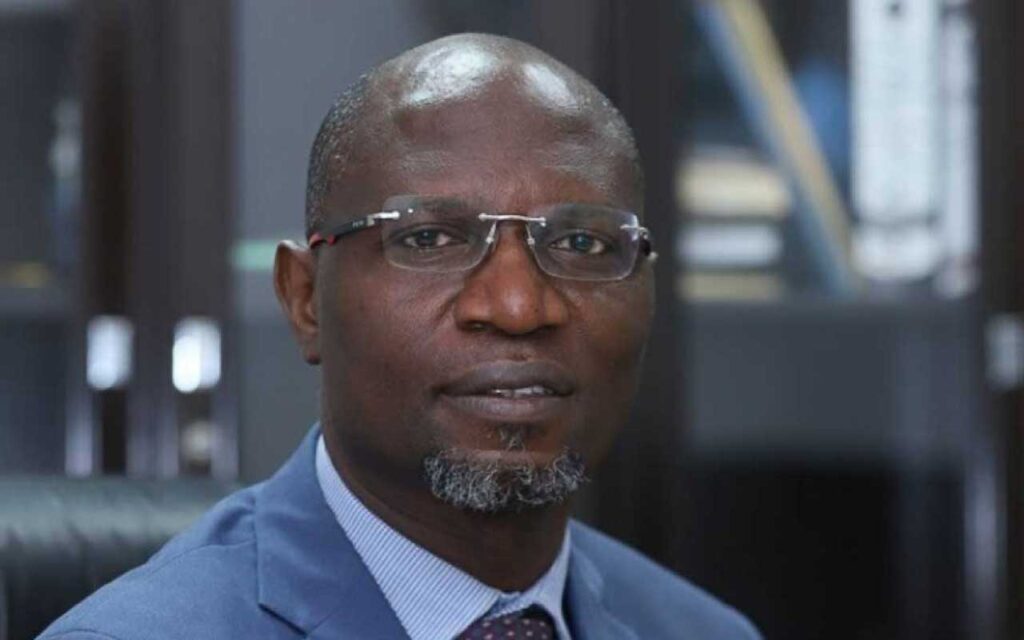
The Chief Executive Officer and Managing Director, First Exploration and Petroleum Development Company Limited (First E&P), Ademola Adeyemi-Bero, has said that oil production in Nigeria has declined by 30 per cent in the last decade and it is expected to decline further by 30 per cent in the next 10 years.
Speaking at the 20th Aret Adams Memorial Lecture in Lagos, Adeyemi-bero, observed that the decline was driven by governance’s bureaucracy, delays in Petroleum Industry Act (PIA) passage, losses from crude theft, vandalism and other security issues estimated at $2b in the first eight months of 2022.
He also identified underinvestment in the industry due to low global competitiveness and drive for cleaner energy and uncertainties around policy and regulatory landscape.
According to him, investments in the Nigerian oil and gas sector have declined significantly in the last five to 10 years as a result of challenging operating environment characterised by insecurity, issues of rule of law, and uncompetitive fiscals, among others.
He said that the divestments from the core onshoreand shallow offshore by the International Oil Companies (IOCs) would create access to significant volumes of hydrocarbon resources.
“From 2009 till date, divestment by major IOCs has significantly deepened the growth of Nigerian independents. Over 15 indigenous independents acquired divested assets,” he said.
Forecasting that the on-shore and much of the shallow water would be held by indigenous operators in the next two to three years, he said that between $10b and $25b would be required yearly to unlock potentials of assets being divested by the IOC, thereby creating massive opportunities for collaboration and partnerships.
He said: “Today, Nigeria can depend on only 32-35 billion barrels of oil reserves, based on fields in development and those in production, emphasising the need for investment in exploration activities.
“In addition, only 57 trillion cubic feet of Nigeria’s gas reserves is currently available for production. It is imperative to explore, mature and develop more gas resources,” he stated.
Noting that Nigeria’s economy is intricately tied to her oil and gas, he said that the sector contributes 65 per cent of government’s revenues; 90 per cent of foreign exchange earnings, and 8.5 per cent of the Gross Domestic Products (GDP).
The Chairman, Aret Adams Foundation, Engineer Charles Osezua said that this year’s lecture focused on finding solutions to assist the new government to address three critical issues of security, funding and investment, so that it can create the policy environment for the revival of the petroleum industry for national development.
He said that in furtherance of the dreams of Chief Aret Adams, the foundation has continued to pursue excellence, through scholarships and research programmes in universities through the establishment of professorial chairs.













